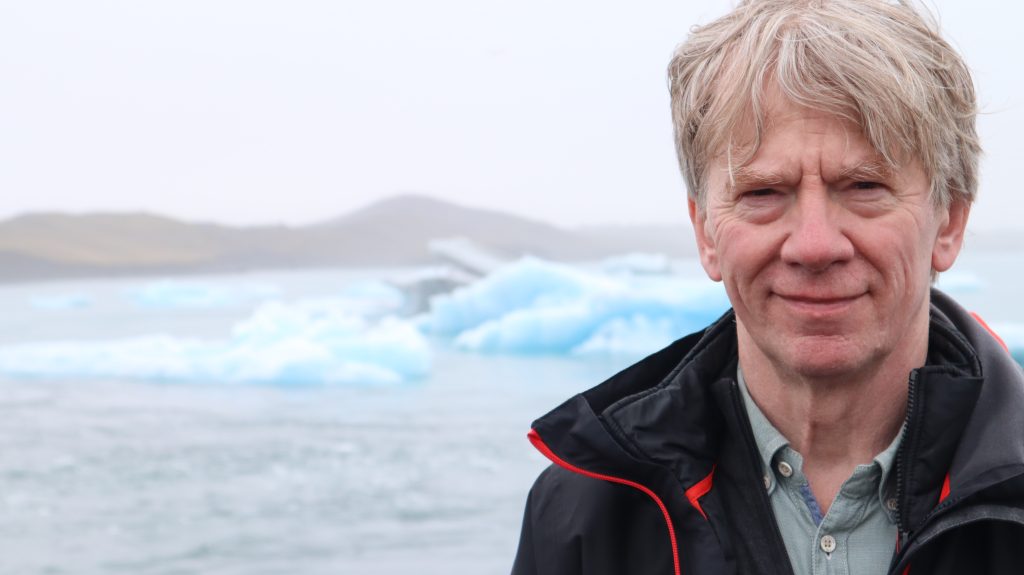Péter Dorozsmai
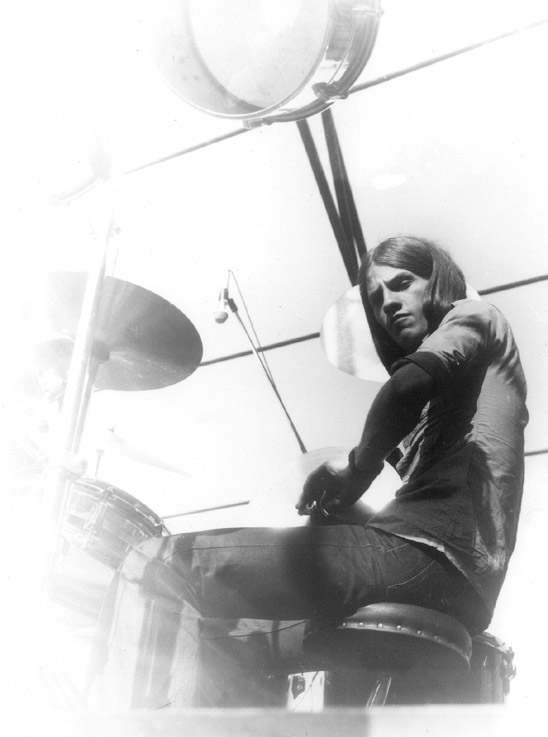
As a child he wanted to be an astronomer or physicist. At the age of 10, he built a radio – but next to his scientific pursuits he learned to play the piano, and then picked up drumming.
In addition to his classical music studies, he graduated in 1981 at the Jazz Department of the Music Conservatory of Budapest.
After high school he became the drummer of one of Hungary’s most successful rock bands, Korál. Over the next few years the band toured non-stop, and on their recordings, Péter would also appear as a composer.
Being the drummer of a successful rock band did not stop Péter from starting a new enterprise. As their new house was being built, he designed a rehearsal room for the group.
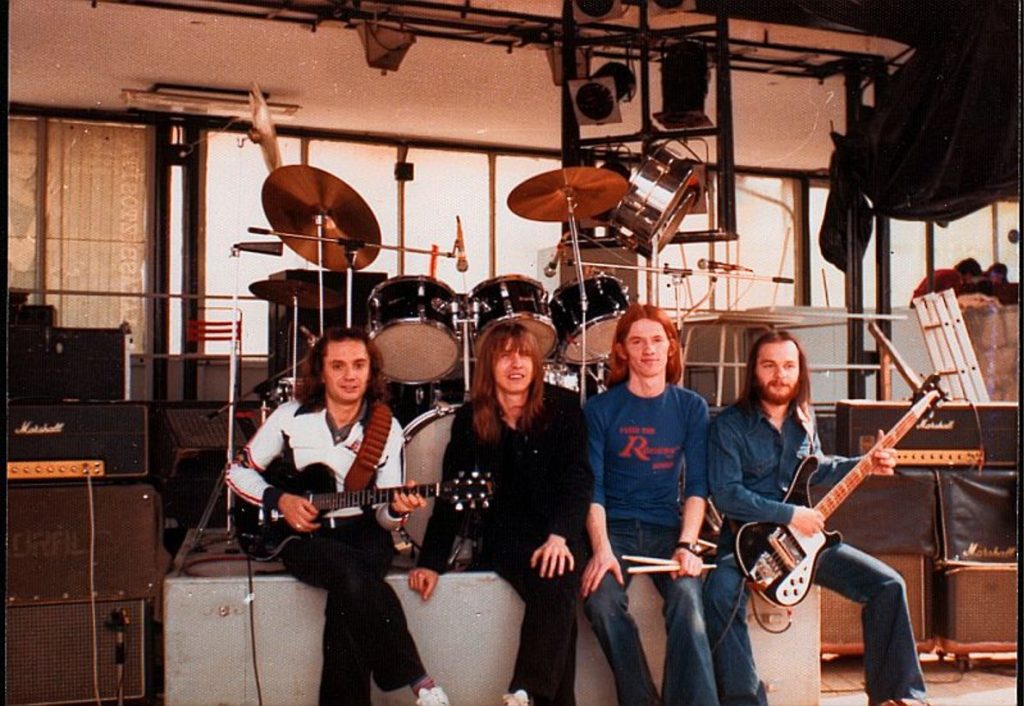
The construction of the room was largely planned and carried out by himself, including carpentry, acoustical treatment and electrical wiring. He has invested all his energy and finances in order to carry out the project in the best quality possible.
In the meantime, he was already a songwriter and drummer in the progressive rock pioneer group, East.
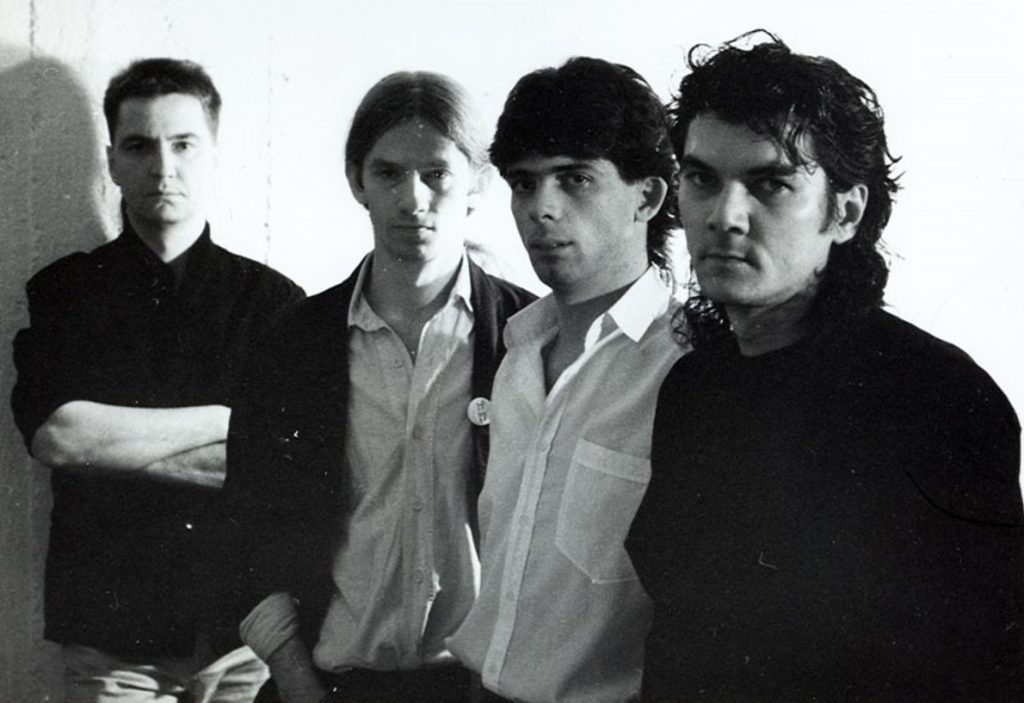
Shortly after the new room was built, the question begged itself: if you created a space that is ideal for playing music in, why not record the performance? And as a musician attracted to physics, as well as to challenges, proceeded to equip the room with gear that would eventually turn the space into a sound studio.
Tom-Tom Studio was founded in 1988. The studio’s first true pride was an eight-band Tascam tape recorder, which was used to track the East album A szerelem sivataga (The Desert of Love).
Previously, pop music recordings for the Hungarian market were recorded exclusively in the studio of the state-owned Hungaroton Record Publishing Company, and academic music recordings were made in the studios of Magyar Rádió. Studio time provided by the state was never enough for the needs of the growing Hungarian pop music scene, and so some private studios were founded to meet the demand.
More and more people were also making their recordings with Péter, who not only provided the space, but was also the recording engineer, and brought in the studio every new development of sound technology. As Tom-Tom started becoming popular, it turned out that more studio space would be needed, and with a bold commitment, he began to build more.
On Rókahegyi street, Péter dreamed of a smaller studio complex, half in the mountain’s stomach with rooms, fitting spaces for a wide range of musical styles and tracking methods, rooms for sound mixing and mastering, a lounge serving the musicians working there, a tea kitchen, an office. The extended studio was completed in 1996.
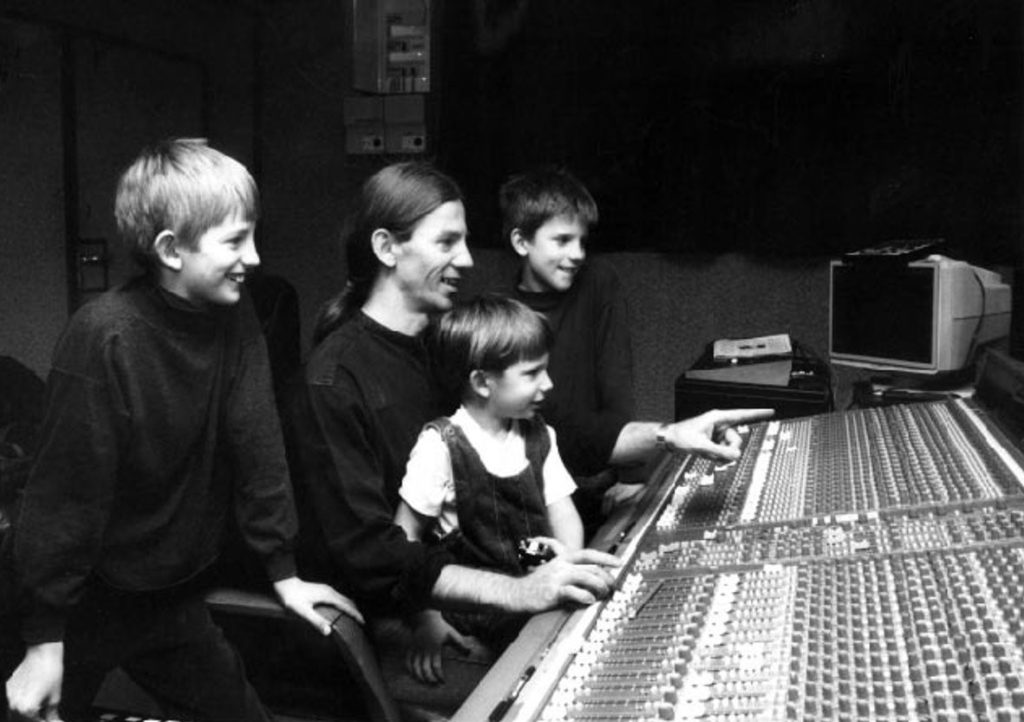
The recordings, the studio work, the mixing have grown into a serious business. There have been numerous successful albums produced here, and at the annual music awards, it wasn’t just his bands that received gold records anymore. Péter, as an excellent drummer, achieved success not only as a musician but also received increasing recognition for his work as a sound engineer.
As a musician and a sound engineer, he gained more insight into how a melody or a musical idea evolves into a piece of music that ultimately enchants, entertains, and takes the listener on a journey. He assisted several musicians in realizing their visions, offering ideas that elevated their songs or the entire musical world of their albums. This led him to become a music producer, collaborating with many talented musicians and bringing numerous innovative ideas to life.
The producer’s mindset marked a new stage for Péter, as he began to feel that there were moments when the invested work and energy demanded the responsibility to ensure that the productions he valued, the interesting and novel ventures, and the musically rich compositions would be preserved for future generations. This realization motivated him to establish a music label.
There are productions that are bound to succeed, and there are those that need someone to believe in them, or simply to say, ‘I want this value to endure, even if only a few truly understand the treasure it holds.’ In 1989, the first release of this new venture, the Tom-Tom Studio’s label, was Péter’s composition, a single titled ’56’ by East, dedicated to the heroes and victims of the 1956 revolution, paying tribute to his grandfather as well.
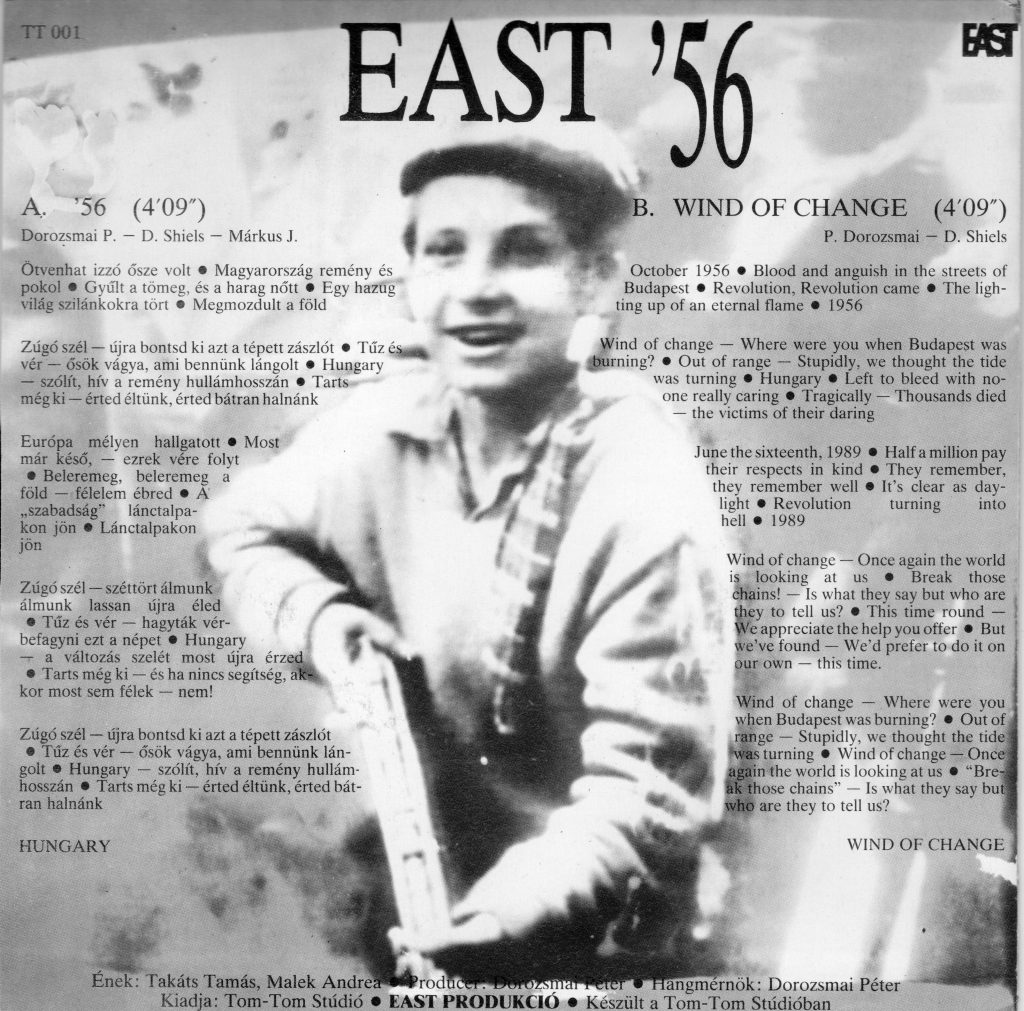
The publication was released with the number TT001 in the year of the fall of Communism in Hungary, with the Hungarian title ’56’ on side A of the single, and the same song with English lyrics titled ‘Wind of Change’ on side B. East received an invitation to Germany in the autumn of 1989, where they performed on TV in memory of the Hungarian revolution of 1956. The English title also inspired the West German band, the Scorpions, who later released a song with the same title. A few years later, the label was renamed Tom-Tom Records.
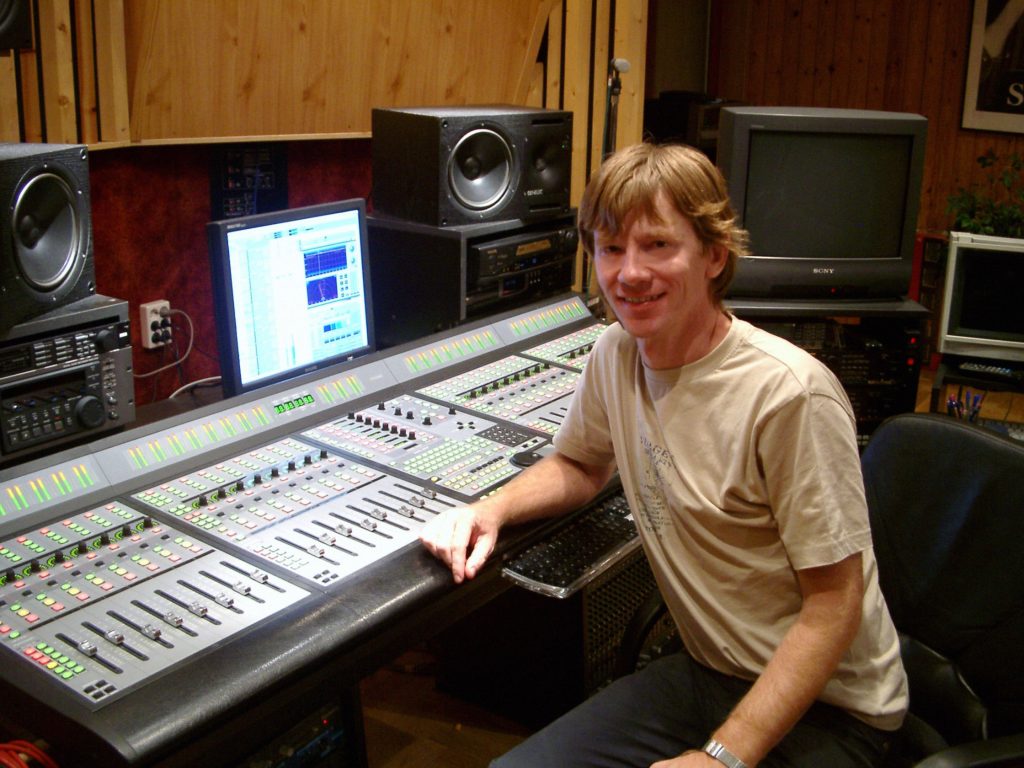
Over the years, Péter worked many aspects of the music business, such as providing live sound for theatrical performances and musicals such as Jesus Christ Superstar, Evita, or Les Misérables. In Hungary, the genre of operetta dominated musical theater, which naturally functioned without sound reinforcement in theater buildings planned 150 years ago. However, the new orchestrations, the new electronic instruments, and the accompanying different vocal techniques required different technology.
After gaining experience with large theater productions, Péter was invited to the Szeged Open-Air Theater Festival to provide live sound for full symphonic orchestral productions on the huge stage, providing the best possible musical experience for the 5000-strong audience of Szeged’s Dóm Square.
Since then, he has been leading sound engineer of numerous similarly complex musical productions, shows, and theater performances. Among other things, Péter was sound director for the musical Beauty and the Beast, as he met the professional requirements the show’s American owners had set for the show.
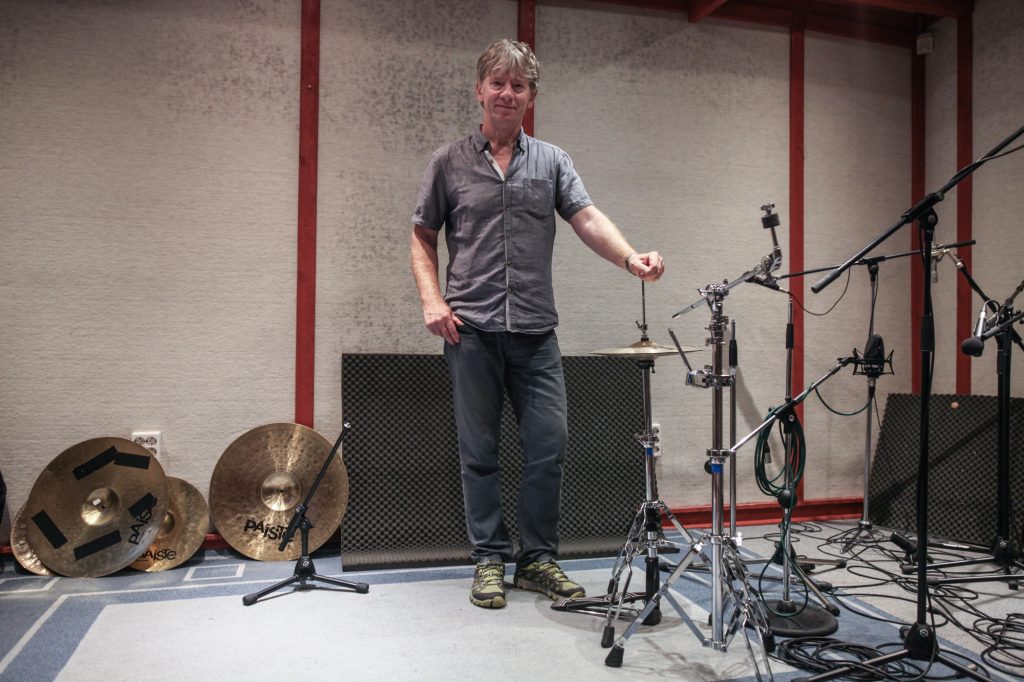
In the 2000s, Péter Dorozsmai and the Tom-Tom Sound Studio won the tender announced by the BBC to establish a film sound post-production studio in Hungary for their new TV series Robin Hood, meeting the expected technical and personnel requirements. The collaboration was so successful that besides being invited for musical tasks, Péter could also get involved as a music supervisor in the production of film music for foreign major film features at the Tom-Tom Studio.
Additionally, for over 15 years, Péter has been the musical director and chief sound engineer of numerous television music programs, as well as the resolute musical director and sound engineer of live TV shows. Meanwhile, in 2021, he embarked on creating a new album with his new band, iLand.
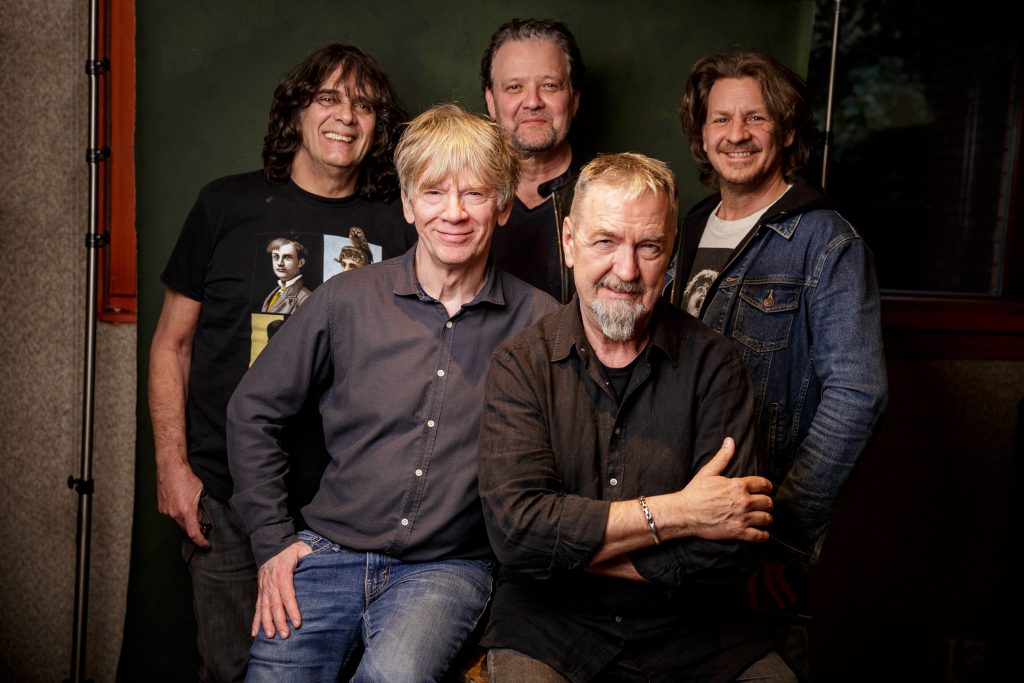
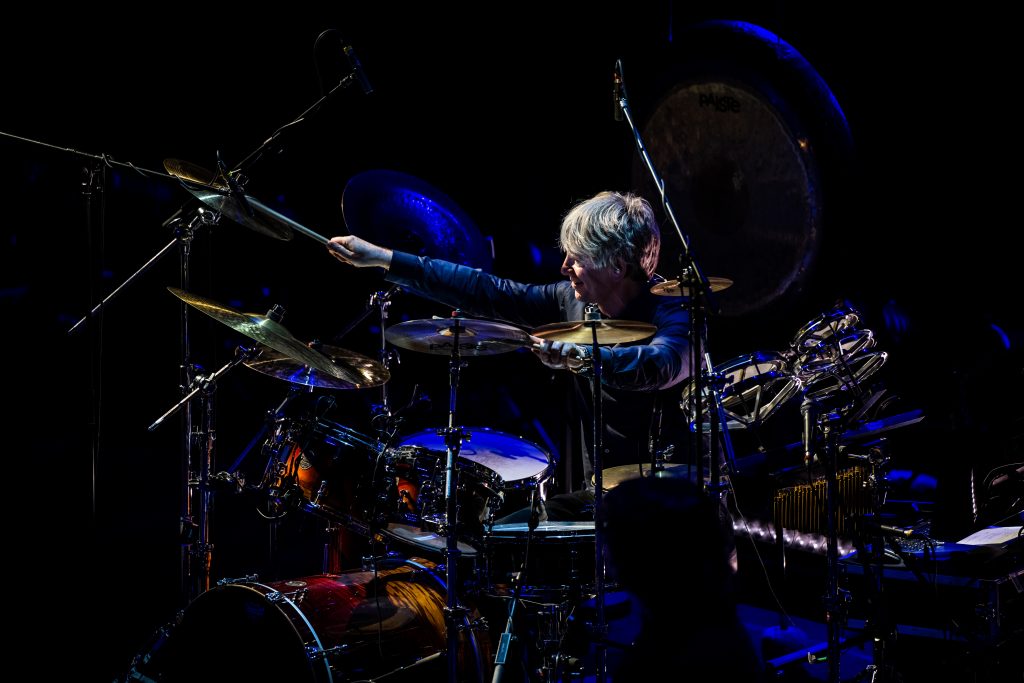
His professional and artistic work has been recognized with numerous awards; he has been named sound engineer of the year in multiple years and has been honored with several industry prizes such as
- Artisjus
- Emerton
- “Golden Giraffe”
- and Fonogram.
In recognition of his musical career, he was awarded the Knight’s Cross of the Order of Merit of the Hungarian Republic.
iLand concert at Müpa in 2023.
Over the years, Péter has become close friends and creative partners with several musicians, for example, he is a long time partner of László Dés in recording his works, from jazz to progressive albums, music written for theaters, as well as mixing and recording of major concerts, and subsequent post-production work. But equally important is the long-established relationship with other fellow musicians over the years: Fecó Balázs, Tibor Tátrai, Géza Pálvölgyi, Charlie, Gábor Presser, Zorán, Zsuzsa Cserháti, Attila László, and many others.
He has also developed a close professional relationship with the globally recognized composer, Péter Eötvös, for whom Péter Dorozsmai has produced or mixed numerous recordings. Several of these albums have received nominations for prestigious international music awards.
